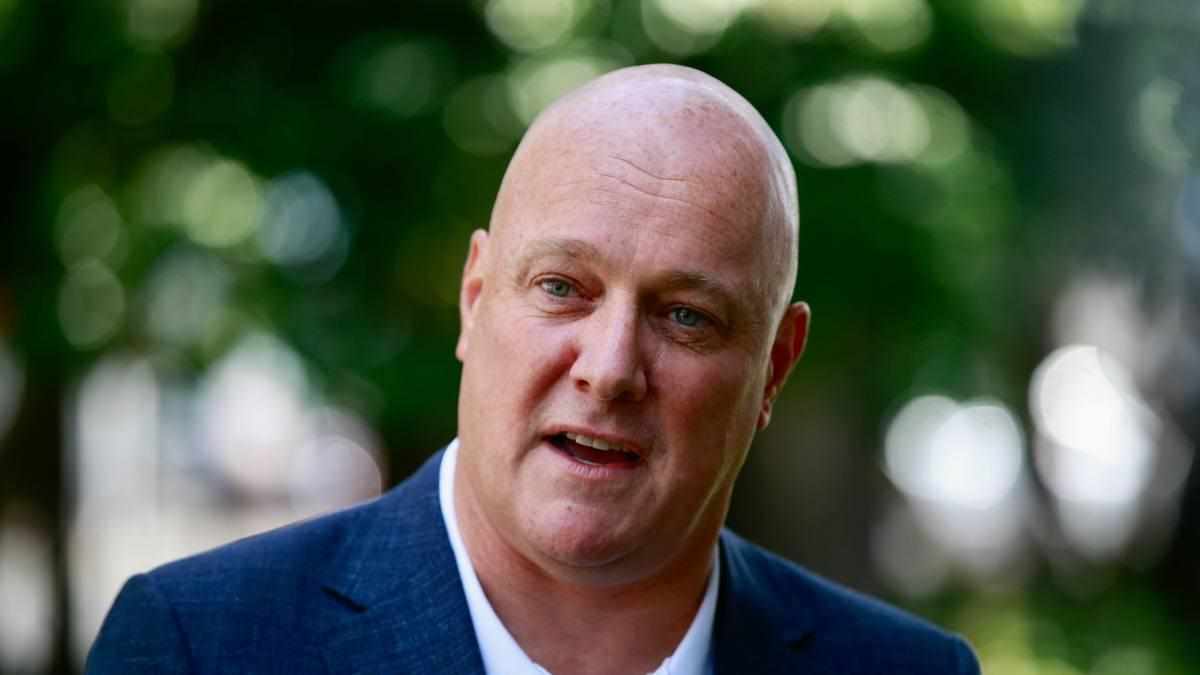New Zealand Prime Minister Reverses Landmark Anti-Smoking Laws, Sparks Controversy

In a surprising turn of events, New Zealand’s newly appointed Prime Minister, Christopher Luxon, has announced the repeal of the country’s ambitious anti-smoking legislation.
Luxon, a former airline executive, was sworn in on November 27, 2023, and wasted no time in revealing his decision to scrap the “generational smoking ban” initiated by the previous government.
The controversial move has been met with criticism from public health officials and anti-smoking groups, who view it as a setback for the nation’s commitment to creating a smoke-free environment. The law, scheduled to take effect later this year, aimed to ban the sale of tobacco to individuals born after 2008, with stringent penalties, including fines of up to NZ$150,000 ($96,000) for violations.
Luxon justified the reversal by expressing concerns about the potential rise of a black market for tobacco products and emphasized the need for tax revenue from ongoing cigarette sales to support the government’s finances. He pledged to focus on tackling inflation, lowering interest rates, and encouraging economic growth.
The decision to abandon the anti-smoking measures, praised globally when first introduced, has left health experts and anti-tobacco advocates dismayed. Ayeshea Verrall, the country’s former health minister, described the move as a setback that “flew in the face” of the previous government’s efforts, undermining the goal of substantially reducing smoking rates and saving lives.
Luxon affirmed his commitment to reducing tobacco use, highlighting that smoking rates in New Zealand have been on a decline and emphasizing the importance of continuing education programs. He suggested promoting vaping as a cessation tool, despite ongoing debates about its long-term health effects.
The announcement has drawn comparisons to the United Kingdom, which had also unveiled plans to phase out smoking for new generations following New Zealand’s initial commitment. However, a spokesperson for British Prime Minister Rishi Sunak reaffirmed the UK’s dedication to the long-term goal of creating a smoke-free generation.
New Zealand’s finance minister, Nicola Willis, disclosed that the measures would be discarded before March 2024, with revenue generated from cigarette sales redirected towards tax cuts. Critics argue that prioritizing economic considerations over public health reflects a troubling shift in priorities for the newly formed coalition government.
As the global community grapples with the devastating impact of smoking, with over eight million deaths annually, New Zealand’s unexpected policy reversal serves as a stark reminder of the ongoing challenges in balancing economic interests and public health initiatives. The move has ignited a fierce debate about the role of government in shaping policies that impact the well-being of its citizens.








